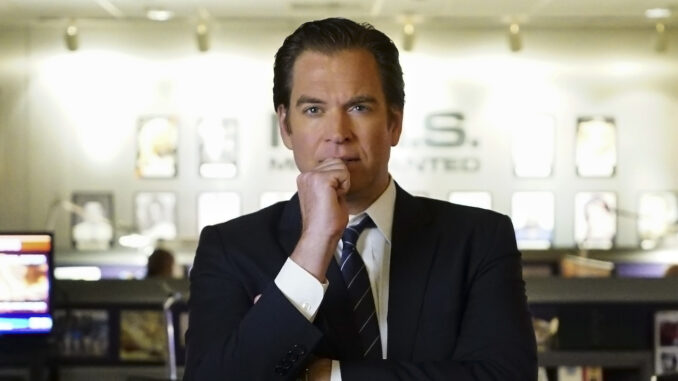
There’s an instinct we possess, a primal flicker of recognition that bypasses the logic of language and lands directly in the gut. It’s the ability to know without being told, to decipher the unwritten lexicon of the human spirit. And sometimes, one look is all it takes for that instinct to scream, "Something’s wrong."
Meet Tony.
The first thing you notice about Tony isn’t his clothes, though they hang on him with a kind of resigned indifference, like an afterthought. It’s not his hair, though it seems perpetually on the verge of needing a trim, or his gait, which carries an almost imperceptible drag. No, the first thing you notice is Tony himself, or rather, the stark absence of something vital in his presence.
His eyes. They are the undeniable tell. Once, perhaps, they might have held the flicker of curiosity, the glint of humor, or the soft light of contentment. Now, they are like distant, unlit windows in an abandoned house. They don't meet yours so much as slide past them, as if avoiding a confrontation with the world’s demands. There’s a hollow depth to them, a network of fine, almost translucent red veins map-ping exhaustion across the whites, and the pupils seem perpetually dilated, absorbing light without reflecting any back. They don’t just look tired; they look weary, as if they’ve witnessed too much, or perhaps, nothing at all for a very long time.
His posture reinforces the narrative his eyes have already begun. Tony doesn’t stand; he leans, as if perpetually bracing against an unseen blow. His shoulders are drawn forward, a protective, almost fetal curve to his frame, even when seated. He occupies space with a kind of self-effacing shrinking, as if trying to make himself invisible, to take up as little room as possible in a world that might be too harsh. When he walks, there’s no bounce, no purpose in his stride, just a shuffling progression, as if each foot is heavy with a weight that isn’t physical.
His face, too, speaks volumes. The skin is pale, almost translucent, stretched taut over prominent cheekbones, hinting at a recent, unwelcome intimacy with illness or a prolonged neglect of self. There’s a shadow beneath his jawline that isn't just stubble, but a perpetual slump, a hint of muscles that have forgotten how to hold a smile. When he does attempt one, it’s a brittle, almost painful contortion, lacking the crinkle around the eyes, the genuine warmth that reaches the soul. It’s a performative gesture, a fleeting mask that slips almost immediately, revealing the raw landscape beneath.
Even his hands tell a story. They are rarely still, picking at invisible lint on his trousers, tracing the rim of a coffee cup with an aimless rhythm, or clasping themselves together as if in perpetual prayer or self-comfort. There’s a faint, almost imperceptible tremor, a nervous energy that belies the overall sluggishness of his demeanor.
This isn't the aftermath of a bad night’s sleep, nor the fleeting annoyance of a spilled coffee. This is the architecture of prolonged struggle, etched into every line, every slump, every averted glance. It’s a silent, profound wrongness that seeps from him, an aura of quiet desperation. You don't need to know if he’s lost his job, or buried a loved one, or battling an unseen illness, or wrestling with an addiction that’s slowly consuming him. No, the specific details are irrelevant to the initial, gut-wrenching realization.
One look at Tony, and you know something is deeply, profoundly wrong. You see the ghost of a person he once was, a life force dimmed, a spirit burdened. And in that instantaneous recognition, there's a silent plea, a wordless narrative of human fragility that resonates long after he’s shuffled past. It’s a reminder that sometimes, the most eloquent stories are told without a single word, purely through the indelible marks left by life on the human canvas.